Date:
March 19th, 2025 (GMT)
Organizer:
Performing Arts Department of Lincoln College
Symposium Chair:
Personal Bio:
Dr. Ioannis Panagiotou is a UK-based artist and composer whose work explores themes of memory, migration, and identity through cross-media narratives and oral history. His artistic output spans audiovisual performances, installations, and concerts, and he aims to engage with sociocultural memories and the ghosts of the past. His work has been showcased at prestigious festivals globally, including the b-side Festival, Dialogues Festival, and the Tériade Museum of Modern Art, and he has collaborated with ensembles such as Plus-Minus Ensemble, Red Note Ensemble, and the Edinburgh Film Music Orchestra. As the Head of Music at Lincoln College and Tutor in Composing for Screen at the University of Edinburgh, Ioannis combines his artistic practice with teaching and research in the fields of composition, sound design, and music for screen. His current research interests focus on composition, video art, and oral history, and he holds a PhD in Composition from the University of Edinburgh.
Background
Film music is a crucial component of cinematic storytelling, drawing from both artistic traditions and literary narratives. The use of popular music in film has gained prominence as directors and composers seek to blend modern soundscapes with visual narratives, creating a more immersive experience. This symposium will equip participants with the knowledge to explore the evolving role of popular music in film, analyzing its influence on artistic expression, narrative development, and audience reception from a literary and cultural perspective.
Goal/Rationale:
The goal of this symposium is to introduce students to the artistic techniques and creative processes involved in integrating popular music into film soundtracks. Participants will explore how sound design and musical composition shape mood, emotion, and narrative, enriching the cinematic experience through a deeper understanding of the relationship between music and storytelling. The symposium will also highlight recent developments in the field, including digital tools that allow composers to craft soundscapes with greater flexibility, emphasizing the intersection of music, literary themes, and artistic expression in contemporary cinema.
Highlights
In this symposium, we explored the role of fixed narratives in video game music, with a particular focus on music in game trailers and its symbolic function within key in-game scenes. Trailers serve as a vital introduction to a game’s narrative and emotional tone, and music plays a crucial role in shaping player expectations and emotional engagement. We examined how composers and sound designers use leitmotifs, harmonic progressions, and dynamic shifts to create a sense of anticipation and connection to the game’s story and characters. A key part of the discussion centered on how music functions symbolically within the game itself — reinforcing narrative arcs, signaling emotional shifts, and deepening immersion. Through the analysis of case studies from well-known games, participants gained insight into how specific musical choices are designed to evoke emotional responses and guide player interpretation. Participants also engaged in hands-on exercises, where they experimented with composing symbolic musical cues and creating trailer soundscapes. These exercises helped to solidify an understanding of how musical motifs can serve as narrative anchors within both promotional and in-game contexts. The symposium provided valuable tools for composers, sound designers, and narrative designers seeking to harness the power of music to enhance interactive storytelling.

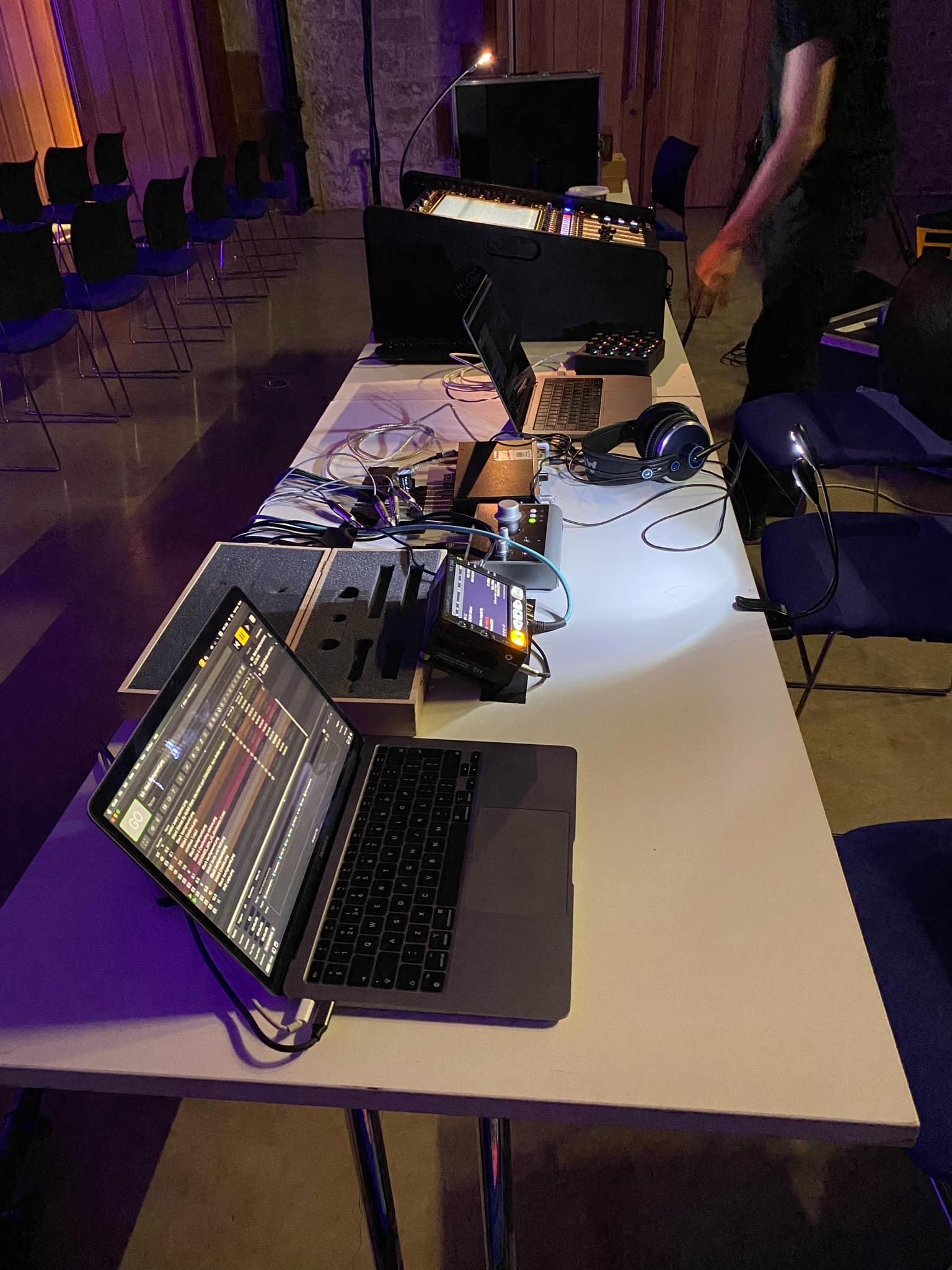
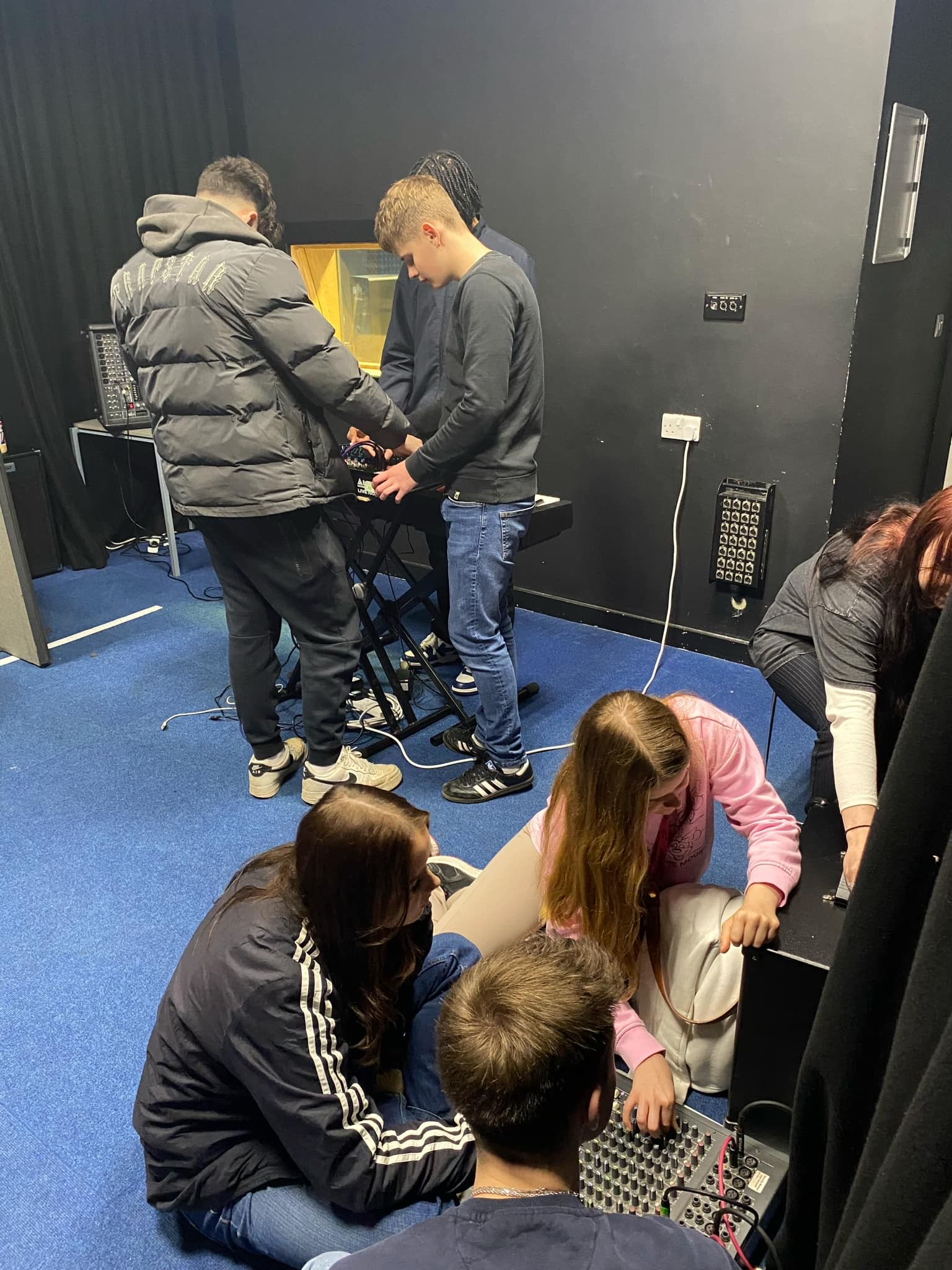
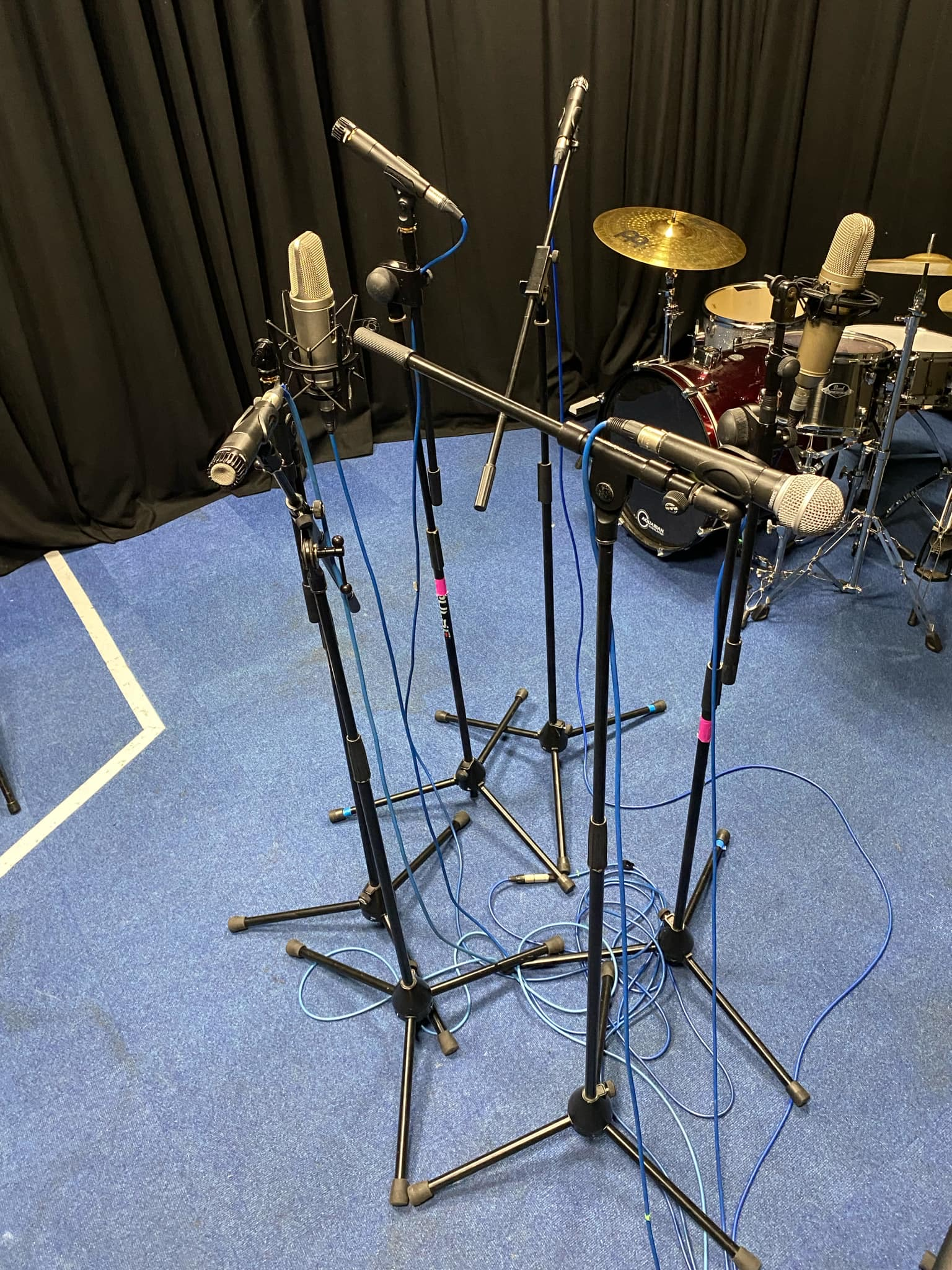
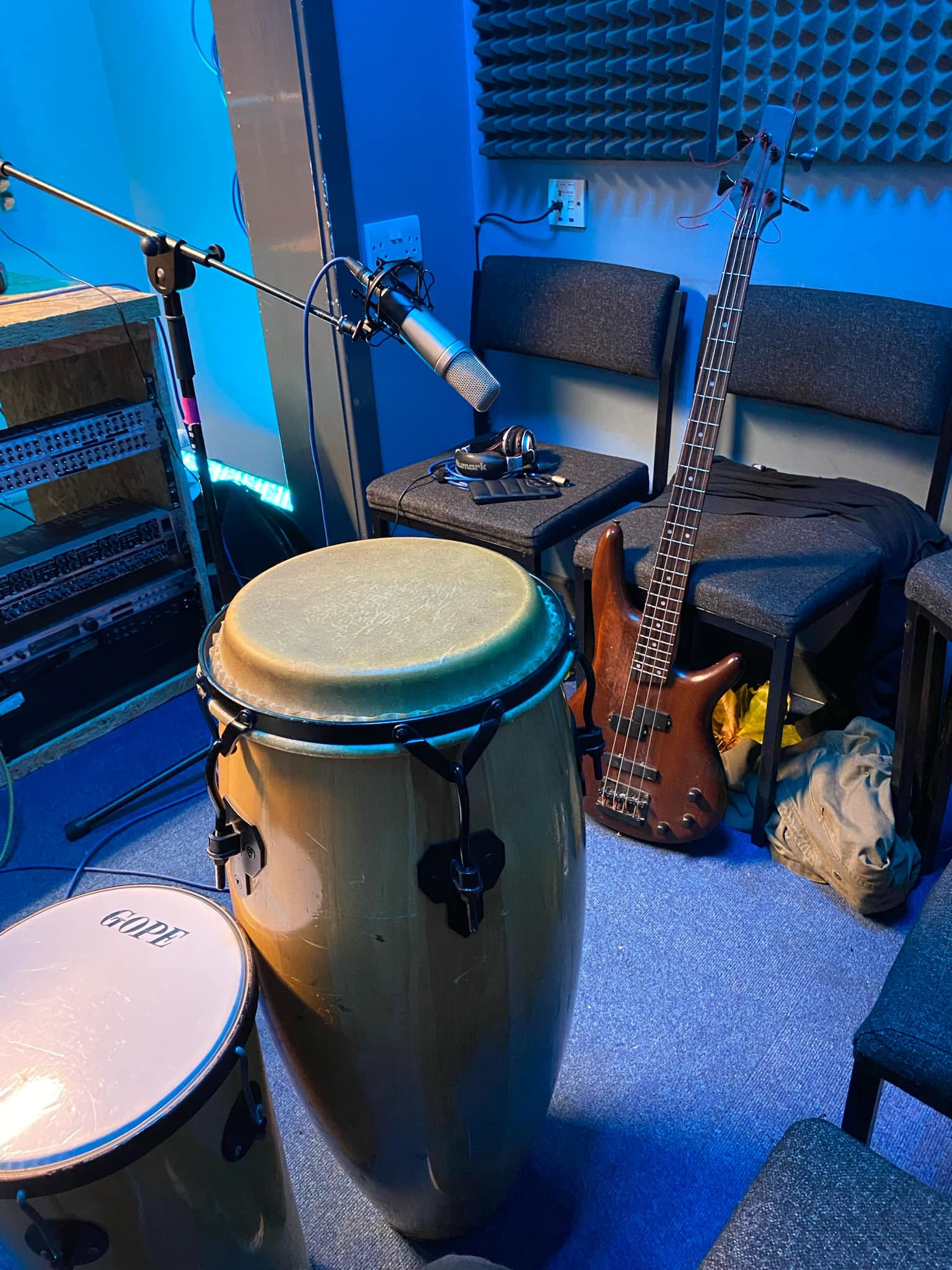
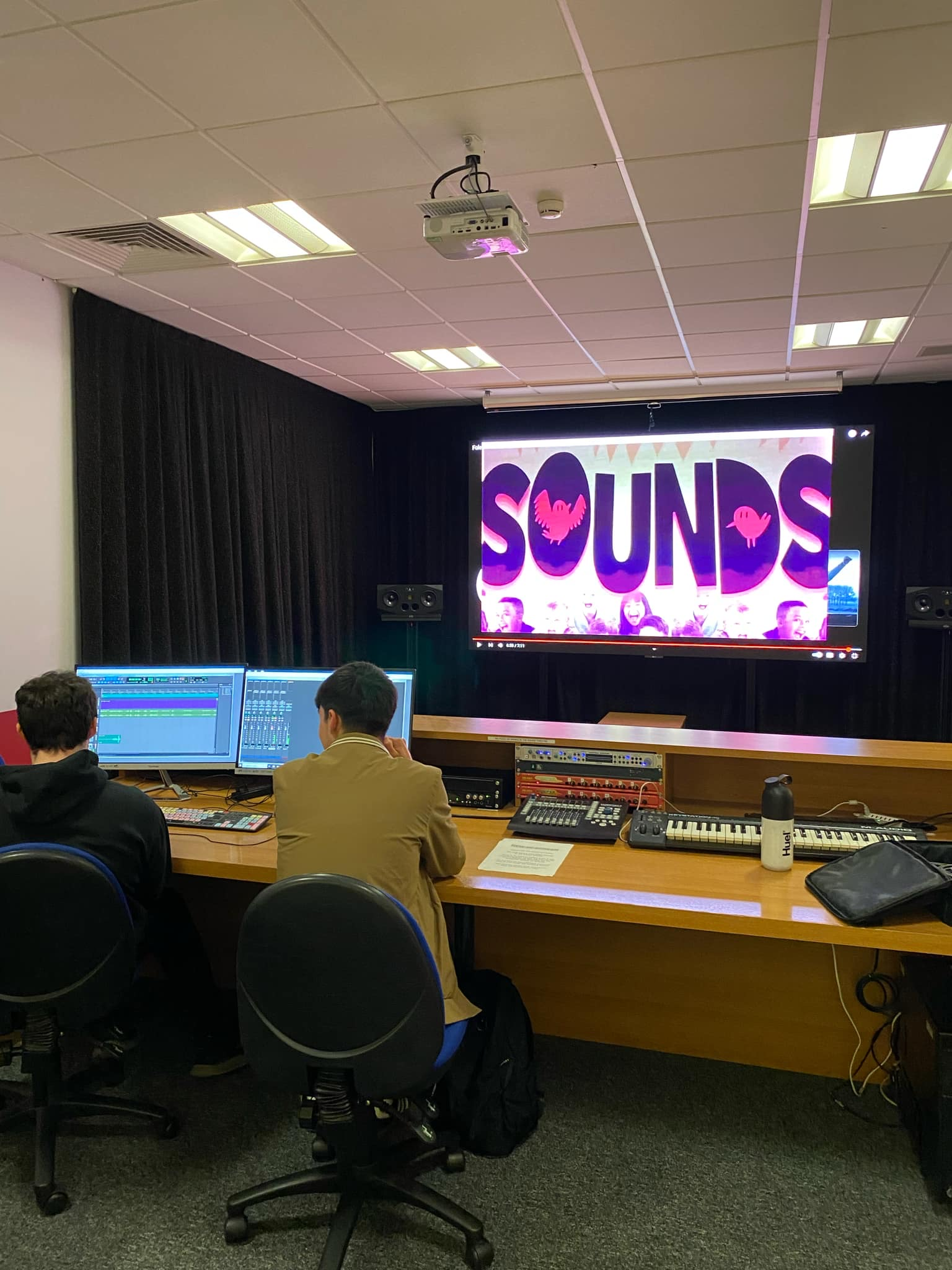
Access to Symposium: ICLLCD 2025 Symposium-- Lincoln – YouTube
Call for Papers
Scope and Information for Participants:
This symposium is aimed at students, researchers, and individuals interested in music, film studies, and the intersection of sound and storytelling, with a particular focus on the role of popular music in cinema. Participants will explore themes such as the history and evolution of popular music in film, sound design techniques, and practical composition, discussing how these elements contribute to the artistic and narrative fabric of films. The aim is to foster the exchange of ideas and creative practices among participants, allowing for a deeper understanding of the relationship between music, language, and narrative. Several keywords are listed to guide the thematic focus, including music composition, sound design, film theory, and narrative structure, although the topics are not limited to these.
Topics
The main topics of this symposium are listed below.
Fine Arts & Design
- Artificial Intelligence in Art
- Visual Arts
- Generative Art
- Immersive Installations
- NFTs and Digital Ownership
- Interactive Art
- Data Visualization Design
- Sustainable Art Practices
- Contemporary Art
- Art Criticism
- Animation Production
- Music and Dance Studies
- Bio-Art and Biodesign
- Traditional Media (Drawing, Painting, Sculpture)
- Digital Media (3D Animation, UX Design, Corporate Design)
- Commercial Design (Advertising, Editorial Design)
Journalism & Mass Media
- AI in Journalism
- Digital Transformation in Media
- Social Media Journalism
- Data Journalism
- VR and AR in Media
- Blockchain and Media Ownership
- Ethics in Digital Media
- Influencer and Social Media Journalism
- Photography and Film Production
- Cross-Platform Journalism
- Public Interest Media
- Traditional Sectors (Print Media, Electronic Media, Opinion Journalism)
- Specialized Journalism Types (Investigative, Political, Entertainment Journalism)
- Film and Film Production
- Theater and Film Studies
Languages & Linguistics
- Historical and Comparative Linguistics
- Applied and Educational Linguistics
- Sociolinguistics and Language Variation
- Computational and AI Linguistics
- Psycholinguistics and Cognitive Processing
- Forensic and Legal Linguistics
- Multilingualism and Language Policy
- Stylistics and Discourse Analysis
- Corpus Linguistics and Data Analysis
- Language Acquisition and Development
- Languages and Broadcasting
Literature & Translation
- Contemporary and New Century Literature
- Classical and Ancient Literature
- Literary Theory and Criticism
- Digital and Network Literature
- Gender Studies in Literature
- Cross-Cultural and Literary Translation
- Technical Translation and Localization
- Multimedia Translation and Adaptation
- Regional and Comparative Literature
- Environmental and Eco-Criticism in Literature
- Literature and Poetry
Meanwhile, submissions aligned with the overall conference theme are also welcome.
History & Philosophy
- Ethics and Applied Philosophy
- Metaphysics and Epistemology
- Political Philosophy and Governance
- Philosophy of Science and Technology
- Environmental and Climate History
- Military and Diplomatic History
- Religious and Cultural History
- Social Movements and Public History
- Post-Colonial Studies and Global History
- Philosophy of Mind and Consciousness
Culture & Sociology
- Theoretical Sociology
- Historical Sociology
- Sociology of Knowledge
- Criminology
- Sociology of Religion
- Sociology of Economy
- Rural Sociology
- Urban Sociology
- Political Sociology
- Sociology of Demography
- Sociology of Law
- Industrial Sociology
- Anthropology
- Intercultural Communication & Cross-cultural Studies
Submission
All submitted papers should report original and unpublished work, experimental or theoretical, and are not under consideration for publications elsewhere. All papers should be no less than 4 pages in length and must strictly follow the format of the symposium template. All papers are subject to reviews and edits. Prospective authors are kindly invited to submit full text papers that includes title, abstract, introduction, tables/figures and references. Other styles of papers are not accepted. Please submit your papers in both .doc/.docx AND .pdf formats as attachments via email to [email protected] by the given deadline. It is unnecessary to submit an abstract in advance.
Publication
Accepted papers of the symposium will be published in Communications in Humanities Research (Print ISSN 2753-7064), and will be submitted to Conference Proceedings Citation Index (CPCI), Crossref, CNKI, Portico, Google Scholar and other databases for indexing. The situation may be affected by factors among databases like processing time, workflow, policy, etc.
* The papers will be exported to production and publication on a regular basis. Early-registered papers are expected to be published online earlier.
This symposium is organized by ICLLCD 2025 and it will independently proceed the submission and publication process
Ways to Participate
Attendance Onsite
The symposium welcomes participants to attend on-site and share the innovative experiences and researches with the group. Therefore, we provide some general information about the visa application. If you want to attend the symposium on-site, please email the symposium
committee:[email protected].
Visa
In order to ensure the information is correct and up to date, there may be changes which we are not aware of. And different countries have different rules for the visa application. It is always a good idea to check the latest regulations in your country. This page just gives some general information of the visa application.
UK Visa Information
What you need to do
- Check if what you plan to do in the UK is allowed as a Standard Visitor.
- Check you meet the eligibility requirements.
- Check if you need to apply for a visa to visit the UK.
- Apply for a Standard Visitor visa online - if you need one.
Check you meet the eligibility requirements
You must have a passport or travel document to enter the UK. It should be valid for the whole of your stay.
You must be able to show that:
- you'll leave the UK at the end of your visit
- you're able to support yourself and your dependants during your trip (or have funding from someone else to support you)
- you're able to pay for your return or onward journey (or have funding from someone else to pay for the journey)
- you'll not live in the UK for extended periods through frequent or successive visits, or make the UK your main home
Check if you need a visa to visit the UK
Depending on your nationality, you'll either:
- have to apply for a Standard Visitor visa before you travel to the UK
- be able to visit the UK for up to 6 months without needing a visa
You can check if you need a visa before you apply.
If you do not need a visa, you must still meet the Standard Visitor eligibility requirements to visit the UK. You may be asked questions at the UK border about your eligibility and the activities you plan to do.












